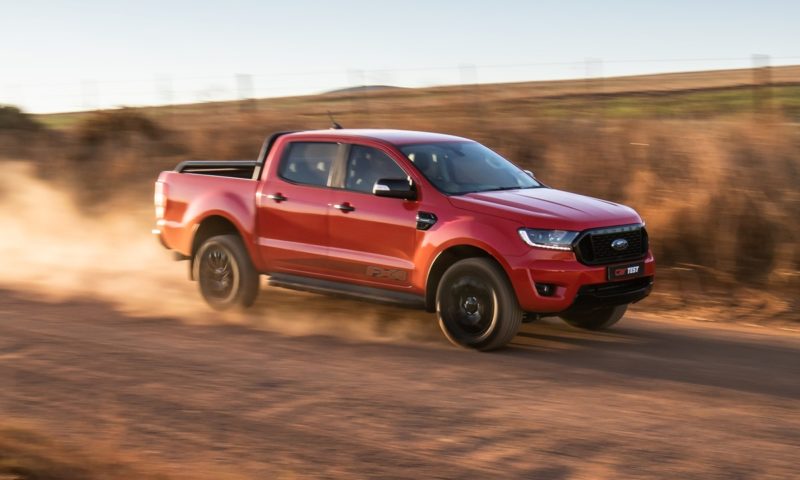
Looking to purchase a car? One of the most important aspects of deciding on the particular vehicle you are going to purchase is the valuation of the car. There’s a lot to consider when taking the plunge on a new set of wheels and because they are such complex items and likely to be one of the most expensive purchases one makes, it’s important to know what to look for when putting a value to the vehicle in question.
A good place to start is the service records – sure, a car might look great at surface value, but if a vehicle hasn’t been serviced as regularly as the manufacturer stipulates – at least annually or every 10 000 – 20 000 km – it’s a sign that the rest of the motor car may not have been as well looked after as a buyer might like. A full-franchise service history is often first prize in this situation, however if the vehicle is a little older, it’s also acceptable for the vehicle to have gone to a reputable, non-OEM workshop. If there are gaps in the service history, a buyer is well within their rights to ask questions as to why this is the case.
Are there any signs of the vehicle having been in an accident? Ask the seller if they know whether the car has been in an accident or not – this can go either way, but if it has and they admit it, that’s usually a good sign. If they say that it hasn’t but you can very clearly see that the car has hit a hard object or two, this is what one might call a red flag…
Accident damage can range from a skew bumper from a minor bumper bashing to the entire chassis being out of alignment and the car crabbing along as you drive. There’s a lot to consider here, so keep your wits about you and pay close attention to things like uneven treadwear on the tires, pulling to one direction when travelling in a straight line or any untoward noises/rattles when driving.
Check to see if the license disc is valid and if the car is roadworthy. Again, there are many things that can cause a vehicle to fail a roadworthy test, so perhaps write up a quick checklist to run through when you have the car in front of you.
Is the car clean? The cleanliness of a car can say a lot about how it has been looked after. Does the interior smell strange? Chances are that garage pie wedged under the seat that has now become a prize-winning science experiment is a sign that oil changes and regular maintenance are not at the top of the owner’s agenda.
If you are thinking about buying a used car, you should do your research before making a decision. Start by asking the person selling the car if it is paid for. If this is the case, the owner will have to pay back what is owed to the finance house. Talk to them about this in an honest and open way and come to an agreement about how this will be handled. Also, it’s important to know how much the car is worth on the market right now.
You can use a used vehicle value calculator to get a rough idea of how much the car is worth. Don’t leave anything to chance, and always make sure contracts and agreements are in place and signed to protect both the buyer and the seller.
And finally, while this might seem like an airy-fairy bit of advice, really do listen to what your gut says. While your gut might not be able to check the quality of the oil for you or make sure that the spark plugs match, it can put you off a deal once you’ve made the purchase and start questioning what you have just spent your money on. Remember, there are many, many cars out there to choose from, if you can, take your time and do your homework and if you’re unsure of something, ask an expert.




